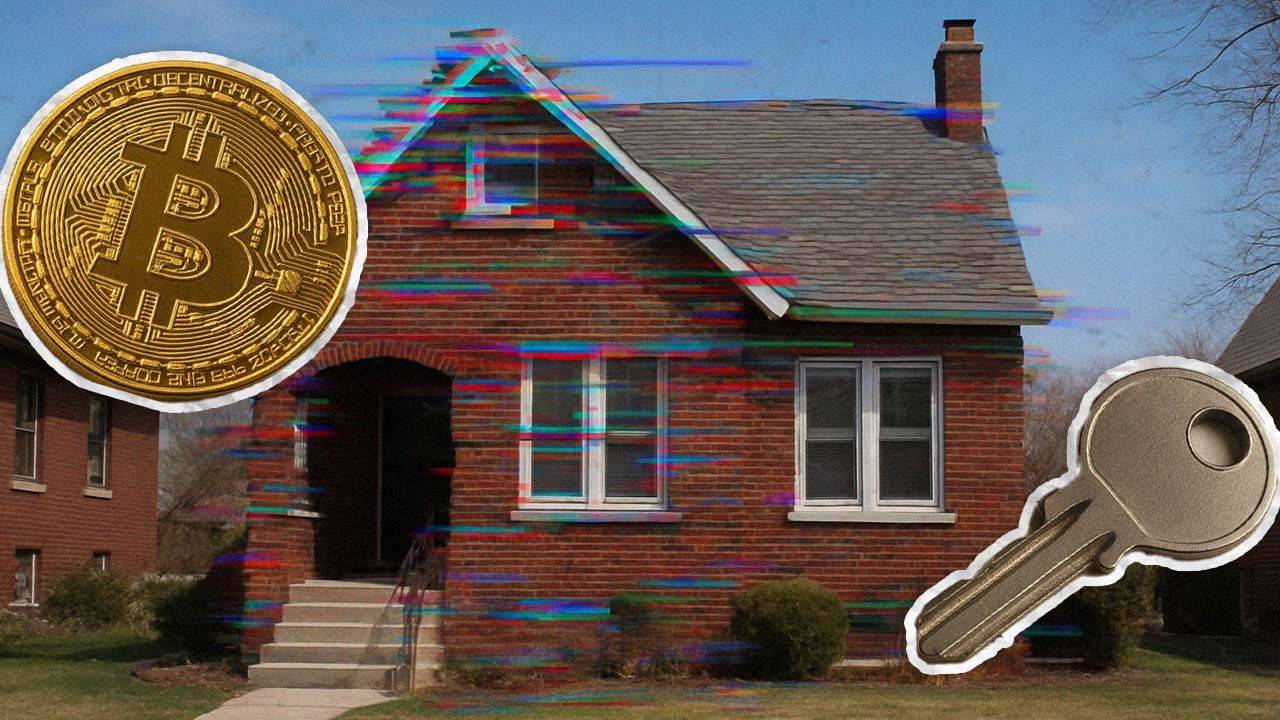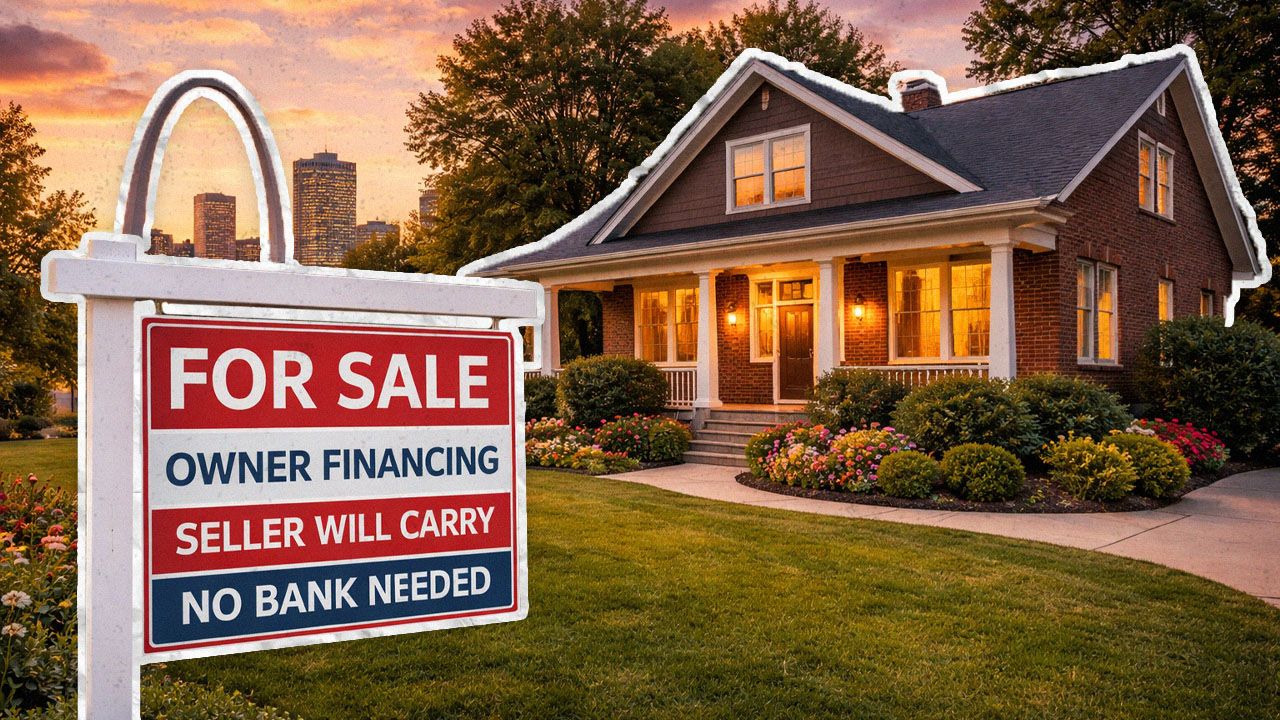When Homes Become Tokens: The DAO Real Estate Experiment in St. Louis
Oct 01, 2025
Written by David Dodge
A new kind of real estate ownership has quietly entered St. Louis, and it’s leaving residents with more questions than answers. The model is called a decentralized autonomous organization (DAO)—a blockchain-based structure where property ownership can be split into digital shares, much like cryptocurrency. While it sounds futuristic, one recent case in the Bevo Mill neighborhood highlights how disruptive this model can be for communities.
A DAO-Owned House in Bevo Mill
In August, Alderwoman Anne Schweitzer, who represents South St. Louis, discovered that a modest home on Walsh Street was purchased under this DAO model. What might sound like a cutting-edge investment opportunity has instead created headaches for both neighbors and city officials.
According to Schweitzer, the house quickly became a nuisance, drawing complaints of squatters, overgrown grass, and repeated building code violations. “It’s an ownership structure of property that allows a property to basically be a Bitcoin,” Schweitzer explained to St. Louis Magazine (STL Mag, 2024). “I have a vacant, squatter-filled, code-violating terrible property in my ward that’s owned by how many people in this crazy DAO structure?”
What Exactly Is a DAO?
A DAO (Decentralized Autonomous Organization) operates on blockchain technology, often Ethereum, the same system that supports cryptocurrencies. Instead of a single property owner or a traditional company, a DAO divides ownership into tokens, which investors can purchase. These tokens not only represent financial stakes but also voting rights, meaning investors collectively decide how to manage the property (STL Mag, 2024).
One platform making this model accessible is Lofty, a startup backed by Y Combinator—the same incubator that helped launch Airbnb and Dropbox. Lofty allows people to invest in property for as little as $50. The platform claims it simply connects buyers and sellers while letting DAO members elect or hire property managers. However, city officials argue that this decentralized setup makes it incredibly difficult to hold anyone accountable when problems arise.
Community Fallout in Bevo Mill
The DAO in question was officially registered as Lofty Holding 3933 Walsh Street DAO LLC in Missouri. Its paperwork was signed by an individual named Riley Park, who investigative reporting later revealed may not be a real person but a manufactured identity tied to a Wyoming company that helps businesses register anonymously (STL Mag, 2024).
For Bevo Mill neighbors, this anonymity proved frustrating. Stephanie, a nearby resident, reported that squatters moved into the DAO-owned home, even bringing in Xboxes and go-karts. Despite repeated complaints, neighbors struggled to reach anyone responsible. “They full-on moved in,” Stephanie told St. Louis Magazine. The city’s Building Division eventually issued multiple notices to secure the property, but accountability remained elusive.
Accountability Issues With DAO Ownership
For Alderwoman Schweitzer, the problem goes beyond one house. She spends hours every day contacting absentee owners about neglected properties. But DAOs create a new level of complexity. “When you end up with an ownership structure that’s decentralized, that’s traded like a Bitcoin, it makes it much more difficult to figure out who’s responsible,” she said (STL Mag, 2024).
The lack of a clear point of contact also magnifies frustrations. Schweitzer eventually connected with a property manager via email, who later claimed the DAO had voted to sell the property. As of September 2024, city records still list the house under DAO ownership, but the sale process appears to be underway.
A Bigger Question for St. Louis Housing
While the Walsh Street house might be on its way to resolution, the larger issue remains: what happens when property is treated like a cryptocurrency? Critics argue that models like Lofty commodify housing to the point of disregarding neighborhoods and communities. As Schweitzer put it: “I think people like that forget there’s a whole community on the other side.” (STL Mag, 2024).
The future of DAOs in real estate is still uncertain. On one hand, they make property investing more accessible by lowering barriers to entry. On the other, they risk turning homes into speculative assets with little regard for the people who live near them.
For now, St. Louis residents are left grappling with this question: Should housing be a community resource or a blockchain experiment?
Conclusion: The Future of Homes or a Risk to Communities?
The story of DAO-owned housing in St. Louis highlights both the promise and the pitfalls of blockchain-based real estate. On one side, DAOs offer accessibility, allowing small investors to enter the housing market with minimal capital. On the other, they risk turning homes into speculative assets, disconnected from the real people and neighborhoods they affect.
For now, the case on Walsh Street serves as a cautionary tale. Technology may be reshaping how we buy and sell property, but without stronger oversight and community consideration, innovations like DAOs could end up doing more harm than good. As cities like St. Louis grapple with this new reality, one thing remains clear: housing must first and foremost serve people, not just investors.
Ready to Buy or Sell in St. Louis? House Sold Easy Has You Covered!
Navigating St. Louis’ red-hot luxury market doesn’t have to be a headache. With House Sold Easy, it’s all about less hassle—we’ve got you covered from start to finish. Our St. Louis experts know every corner of this city and will make buying your dream home or selling your high-end property a breeze. Don’t miss out on the hottest market in the U.S.! Contact House Sold Easy today and let’s make your real estate goals happen!







